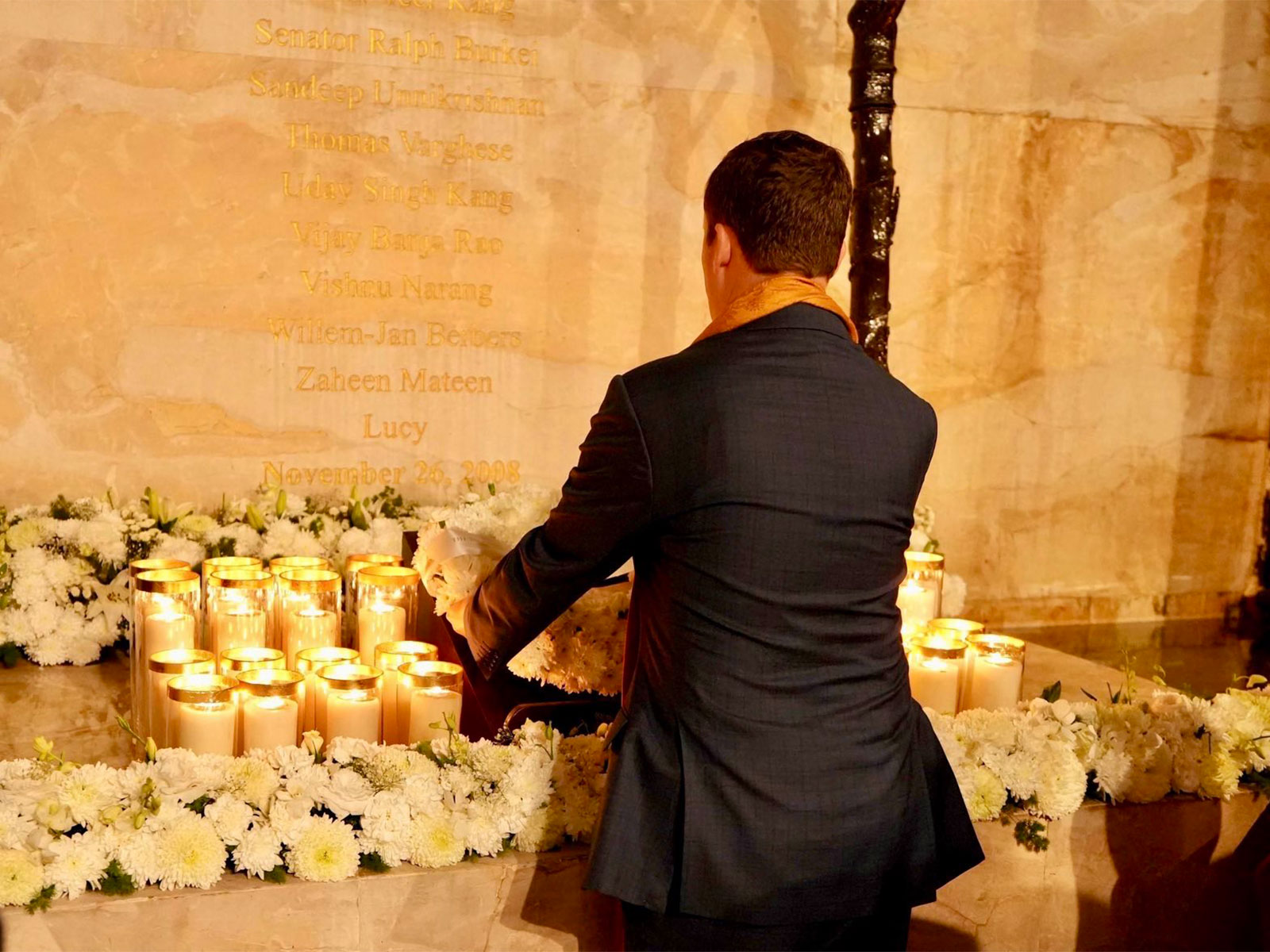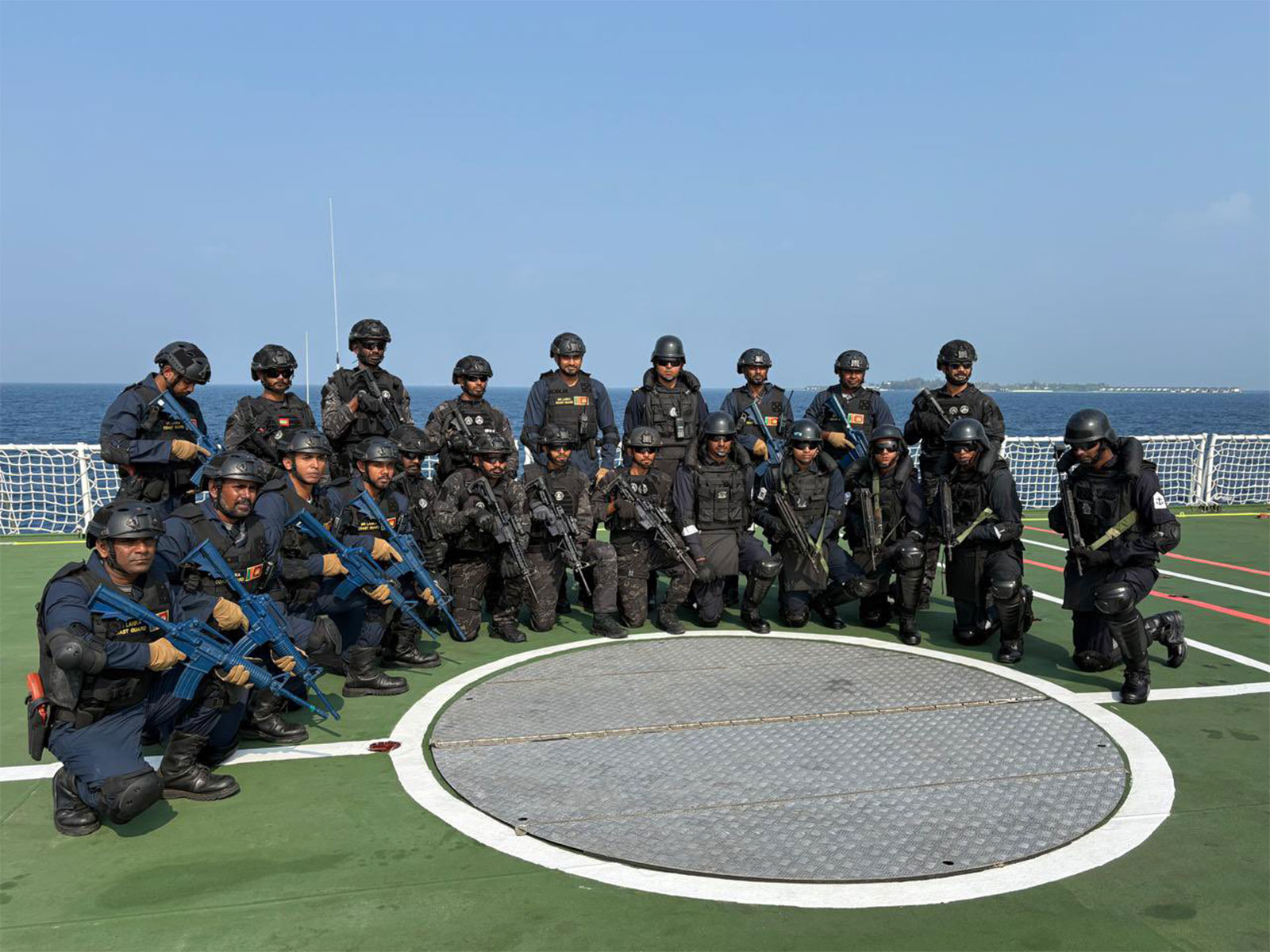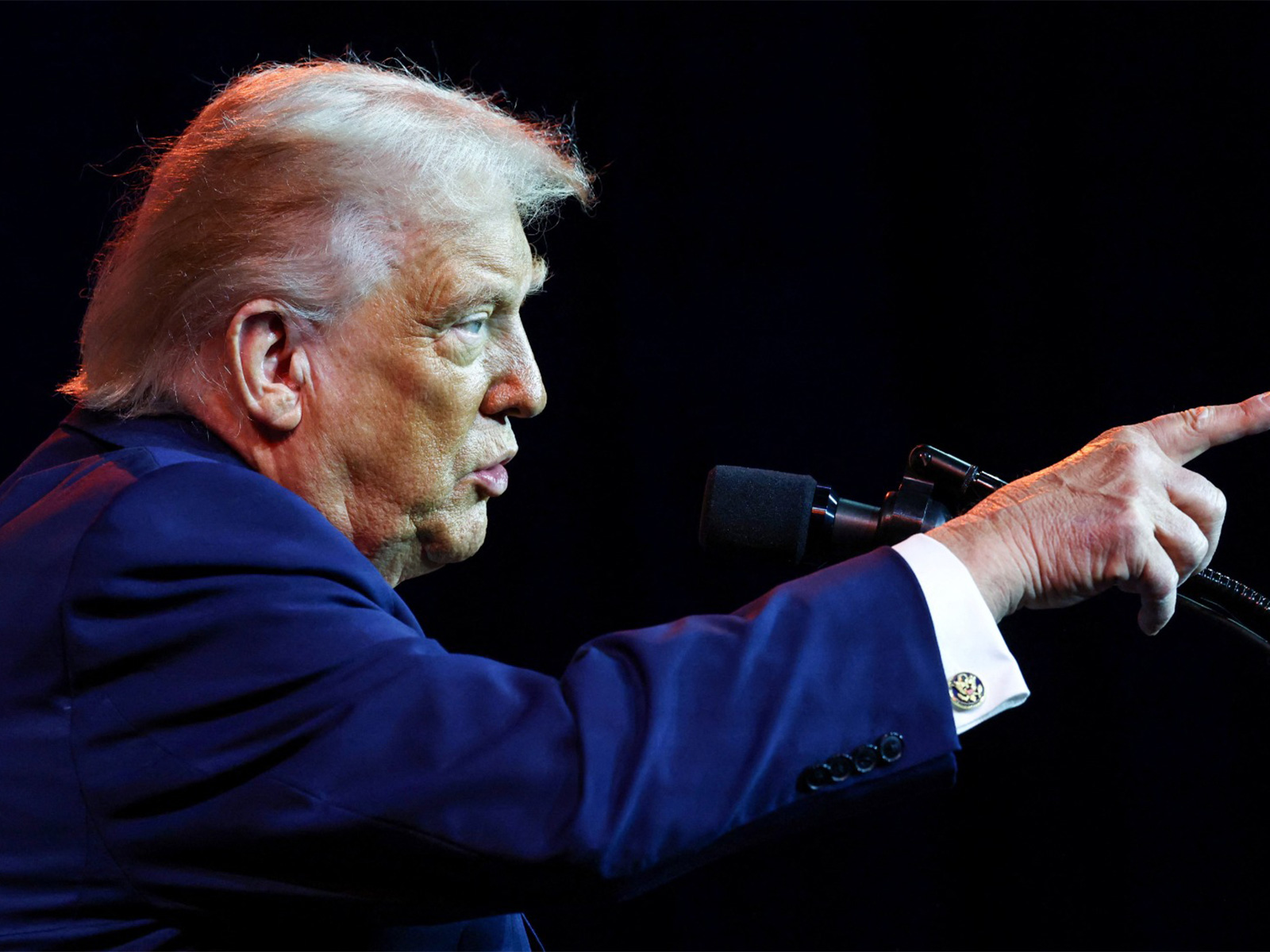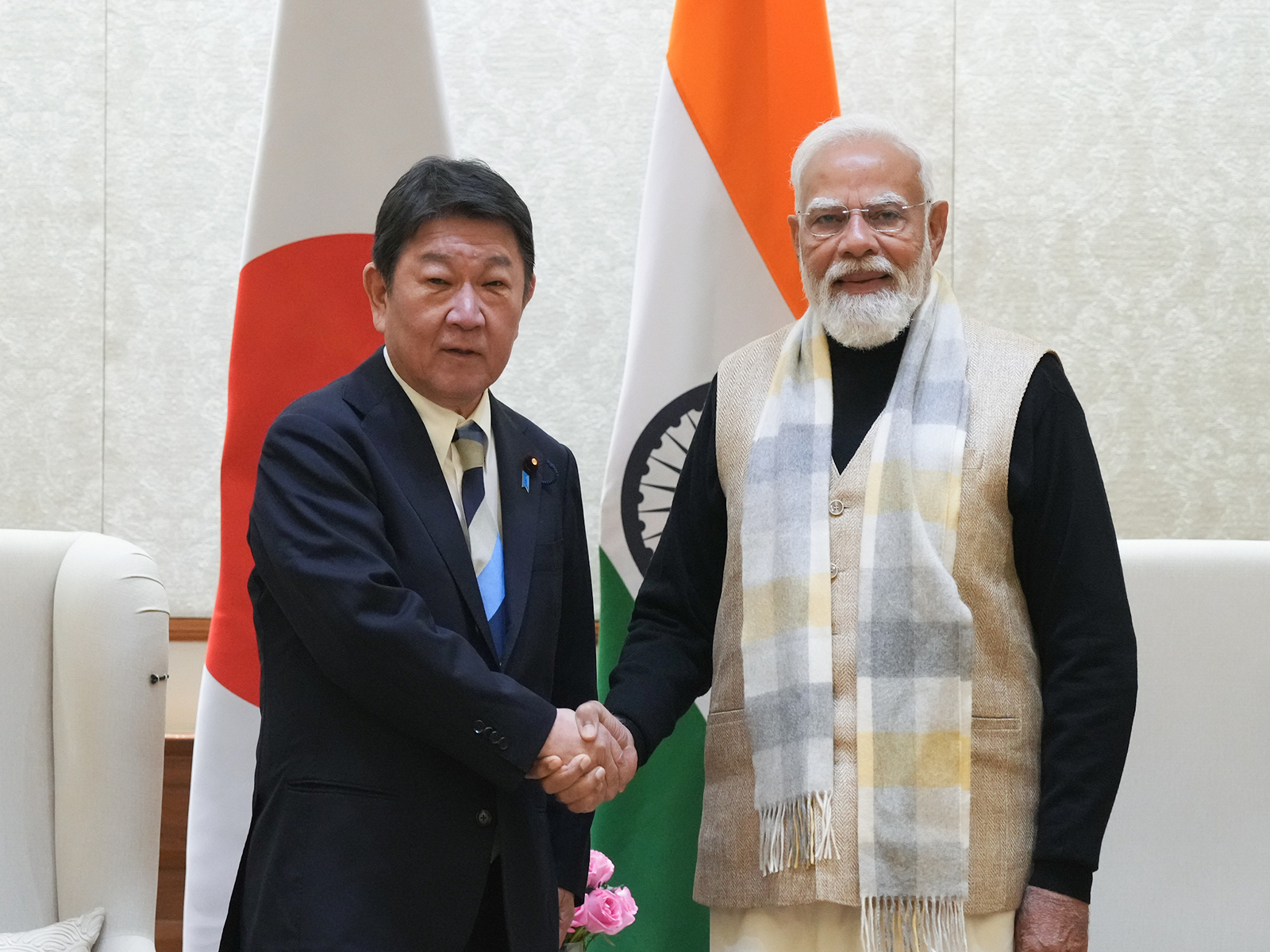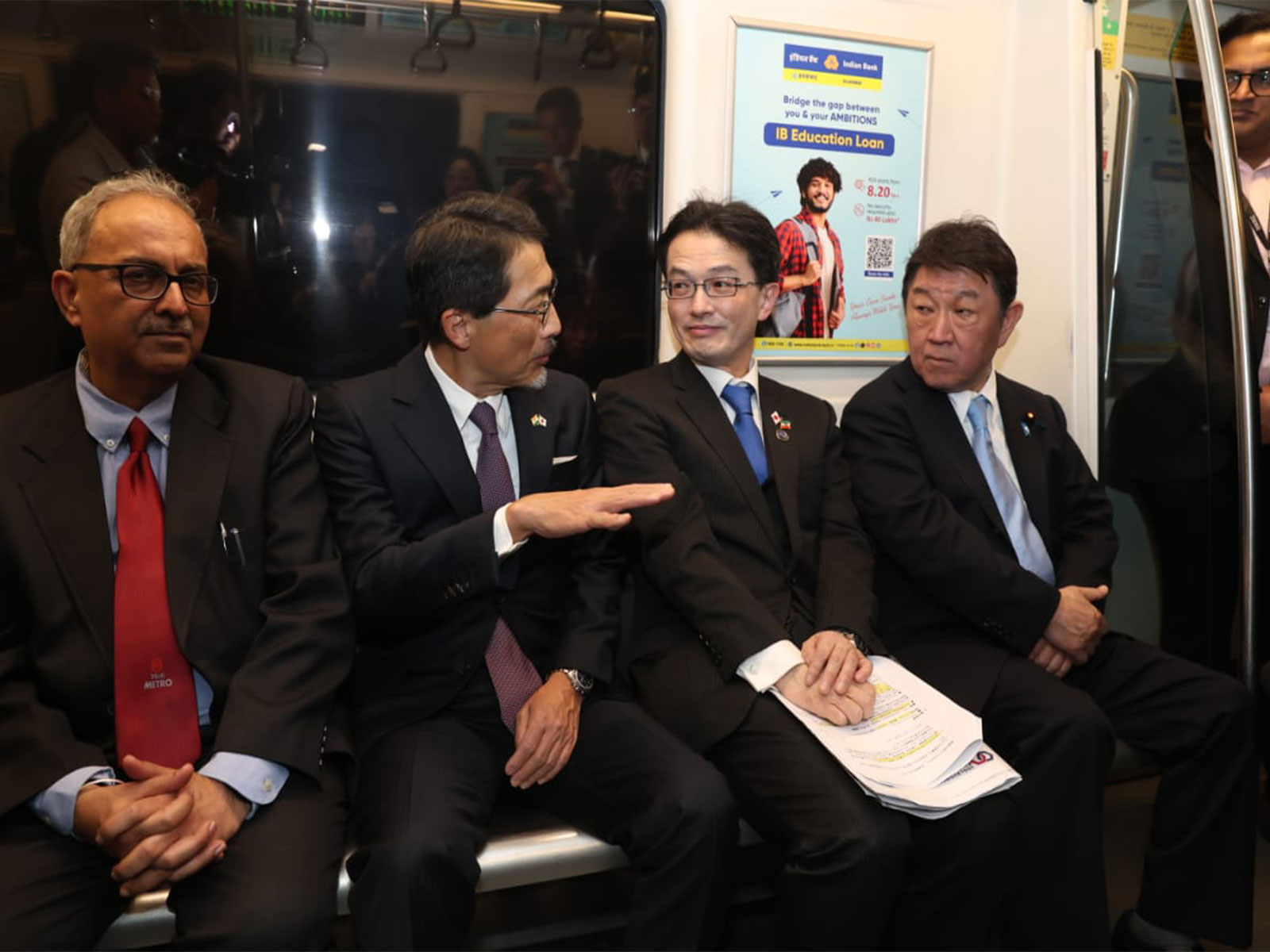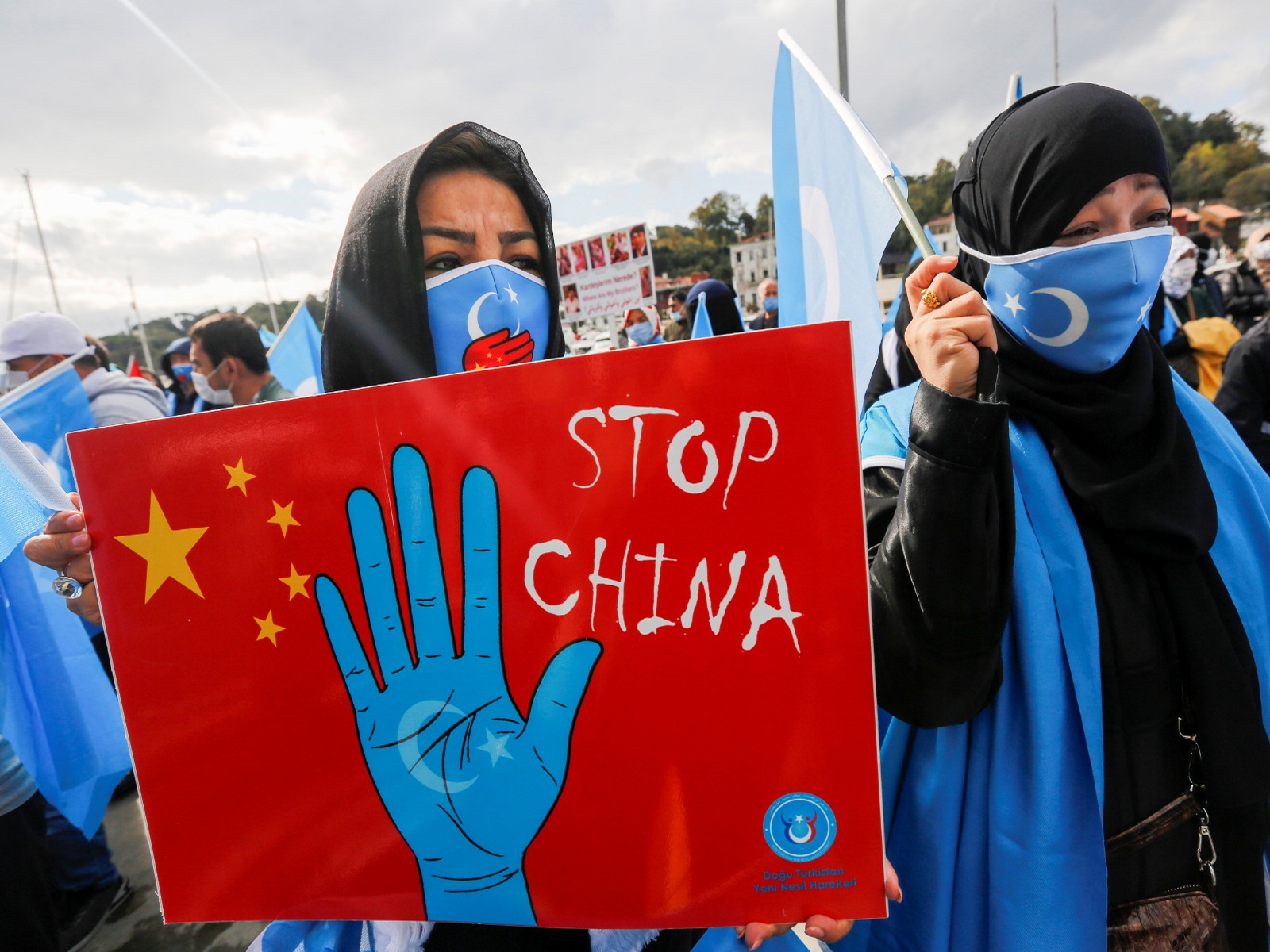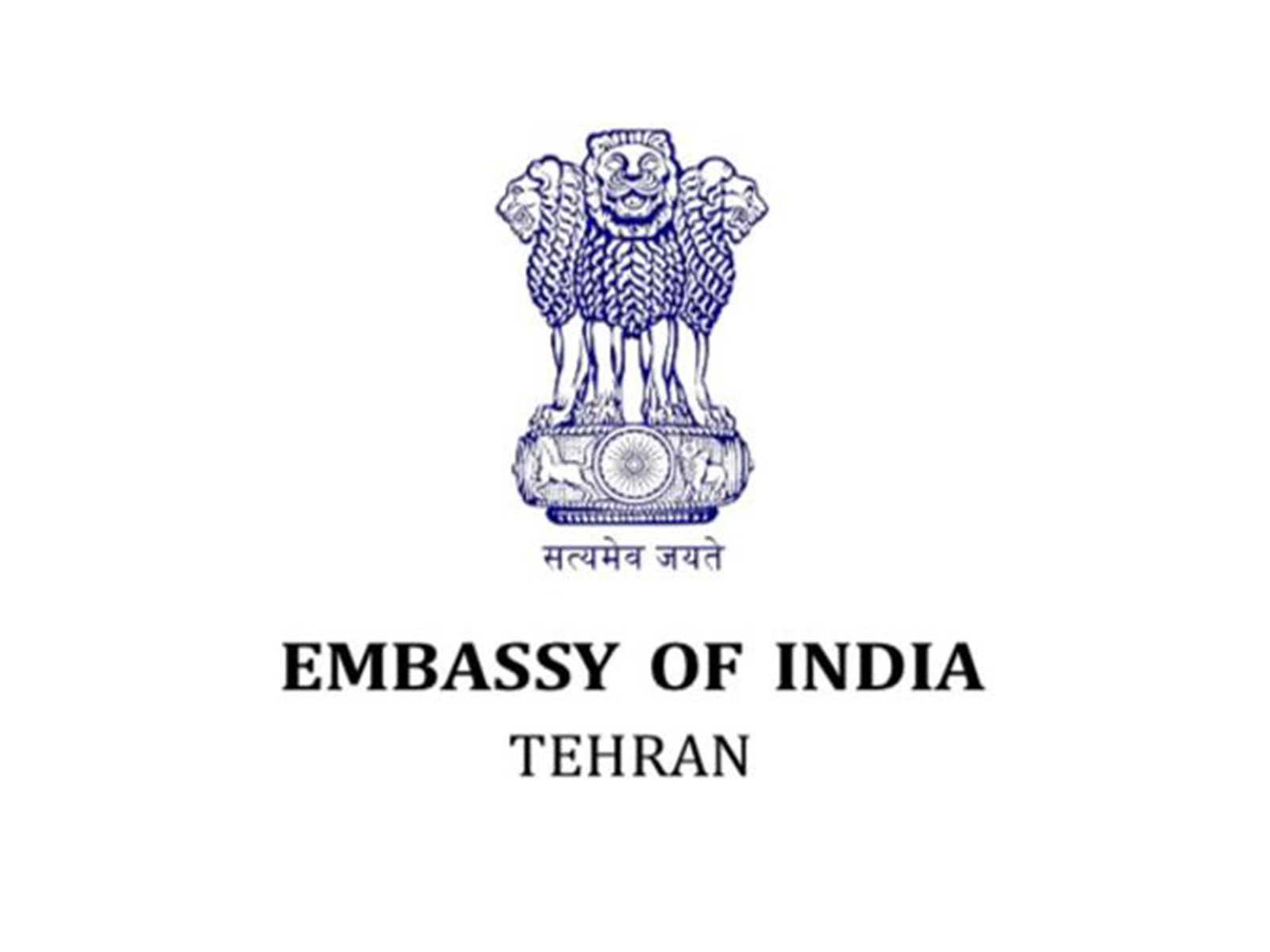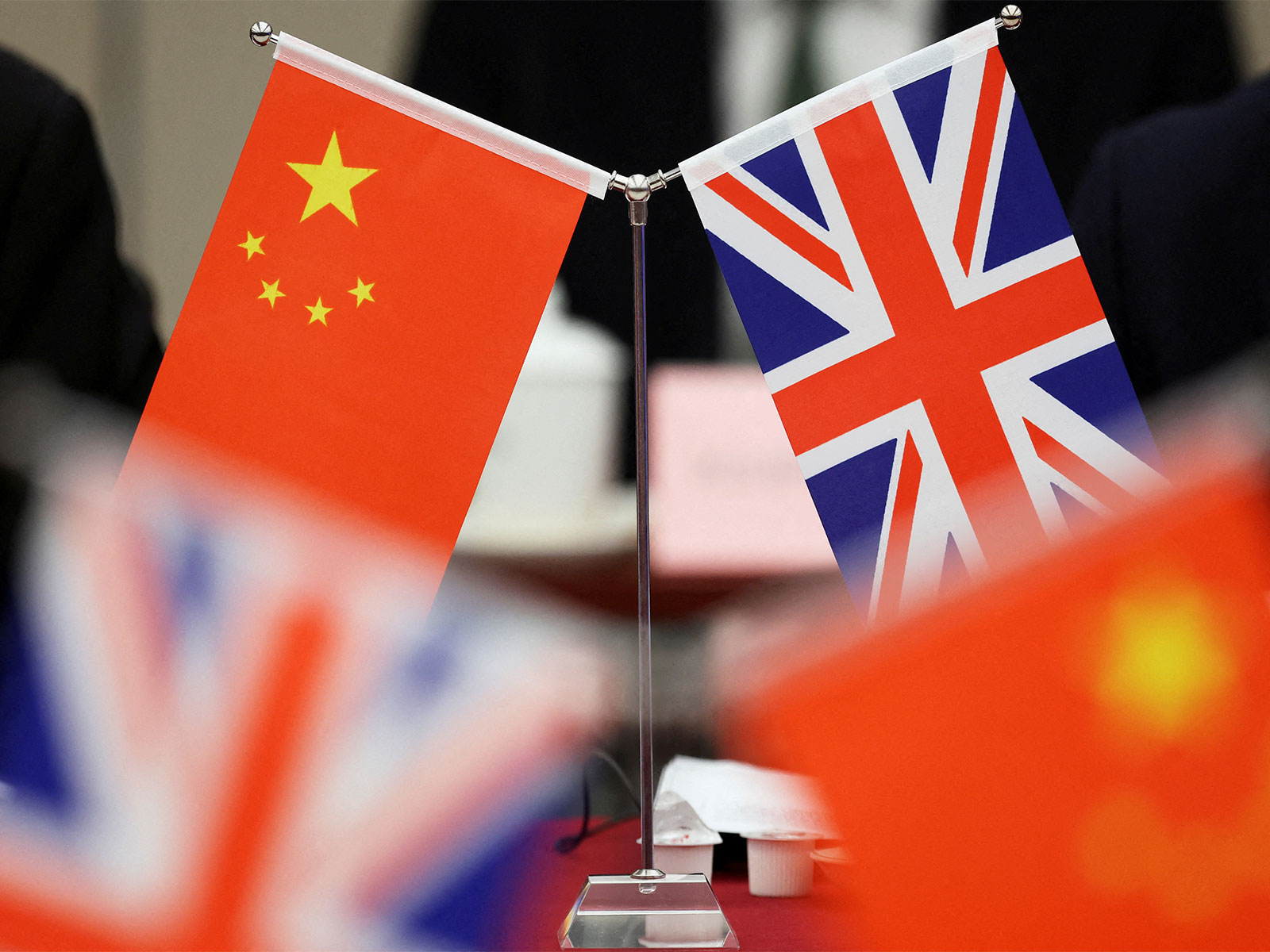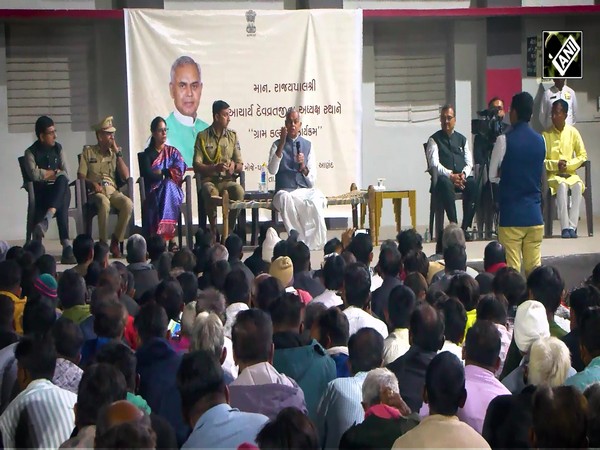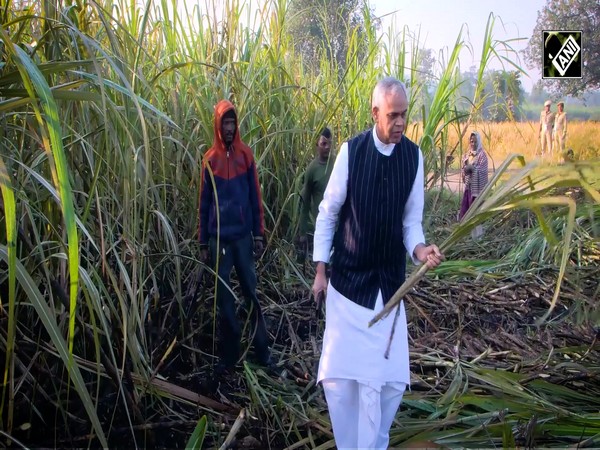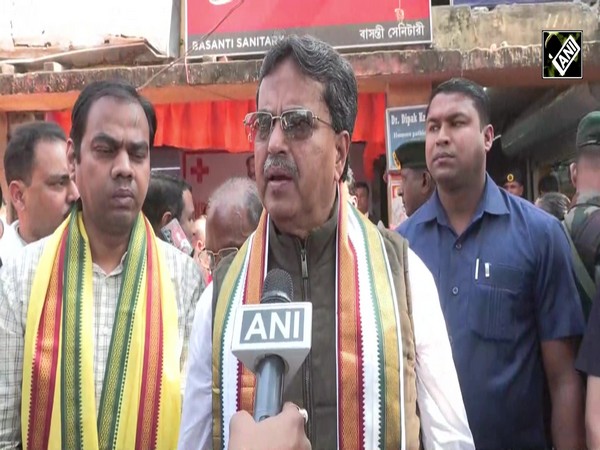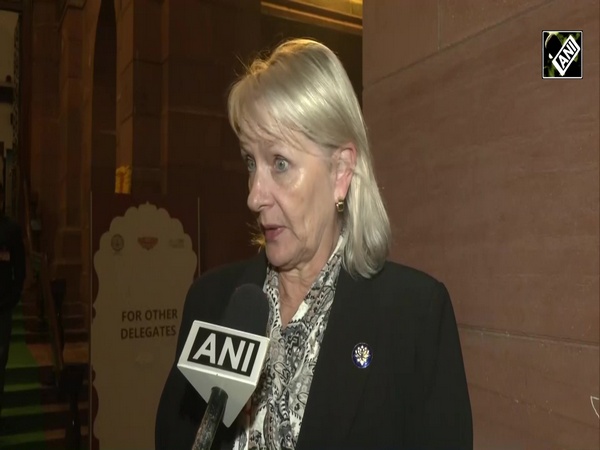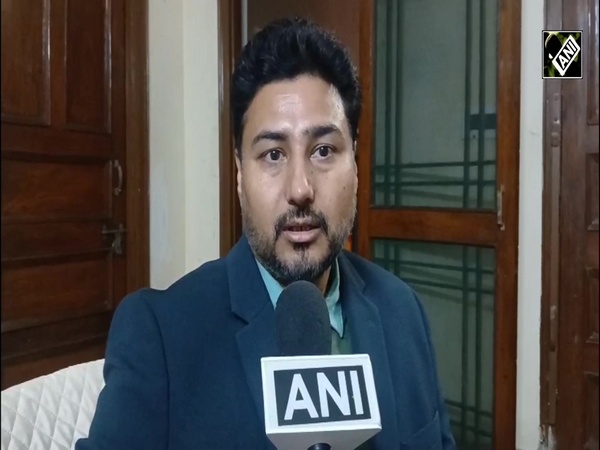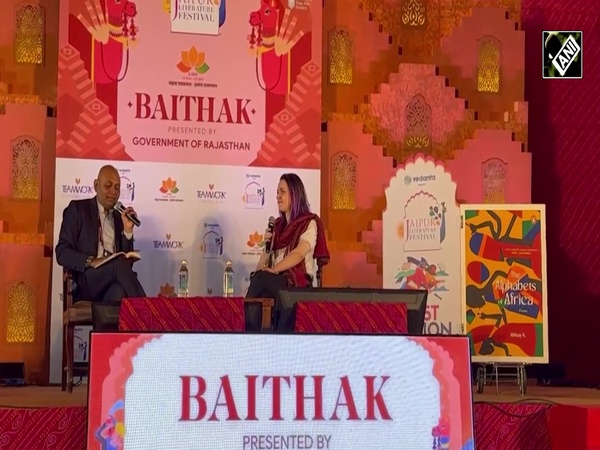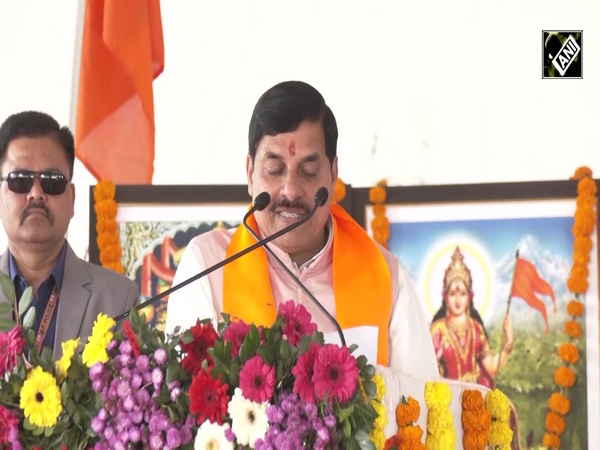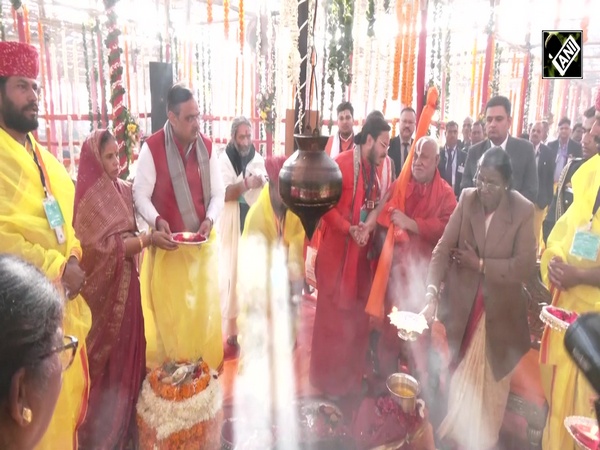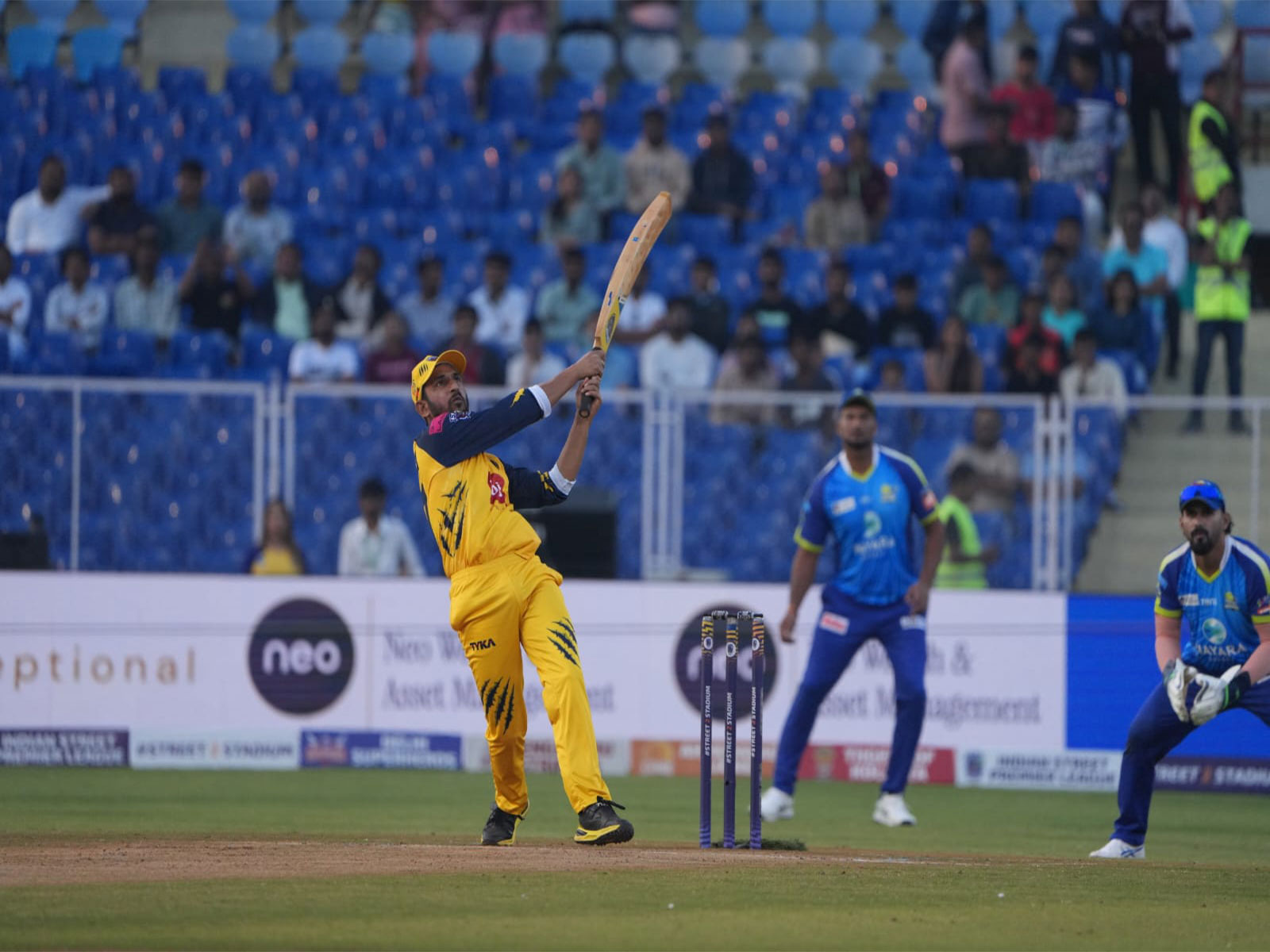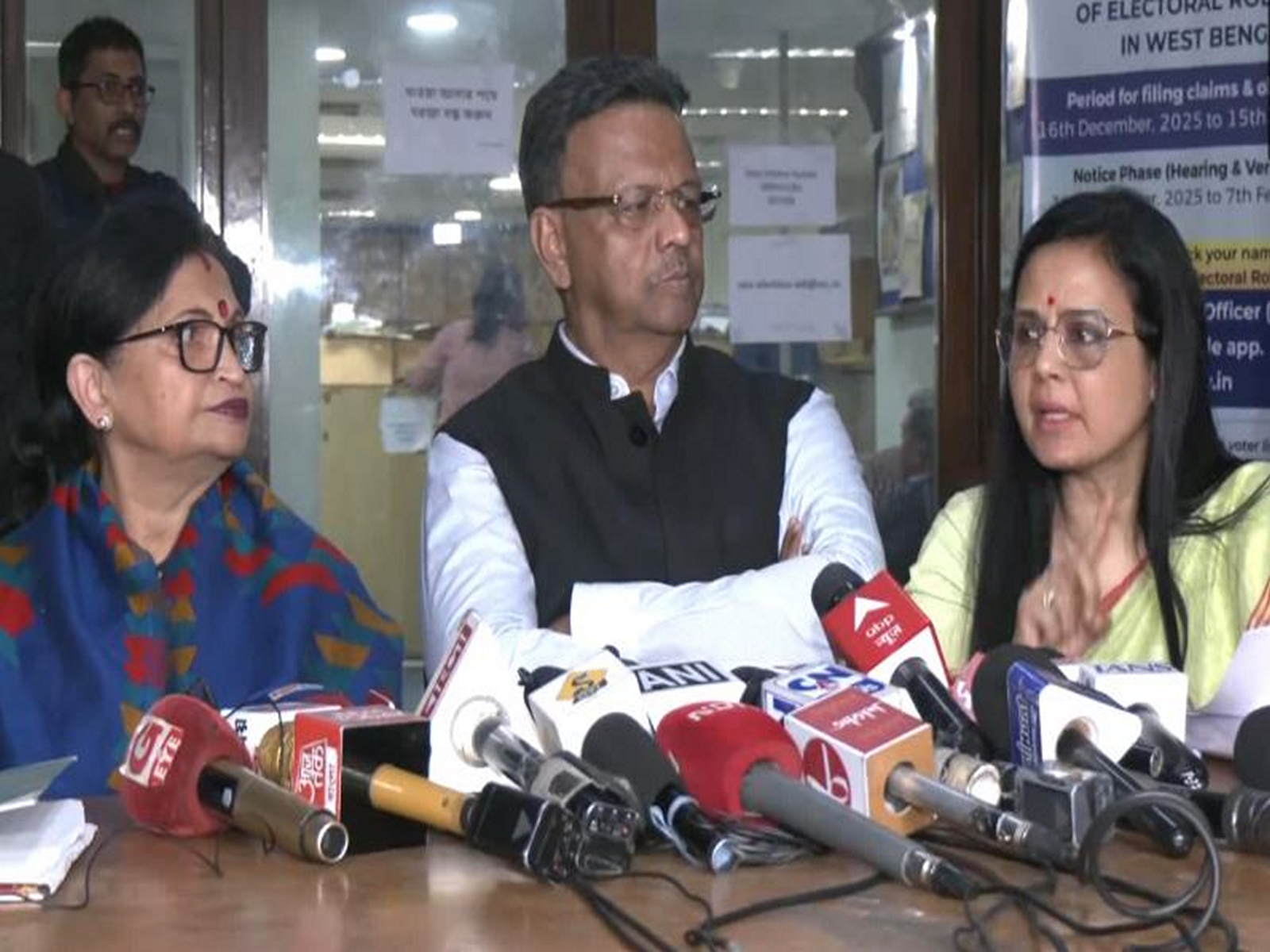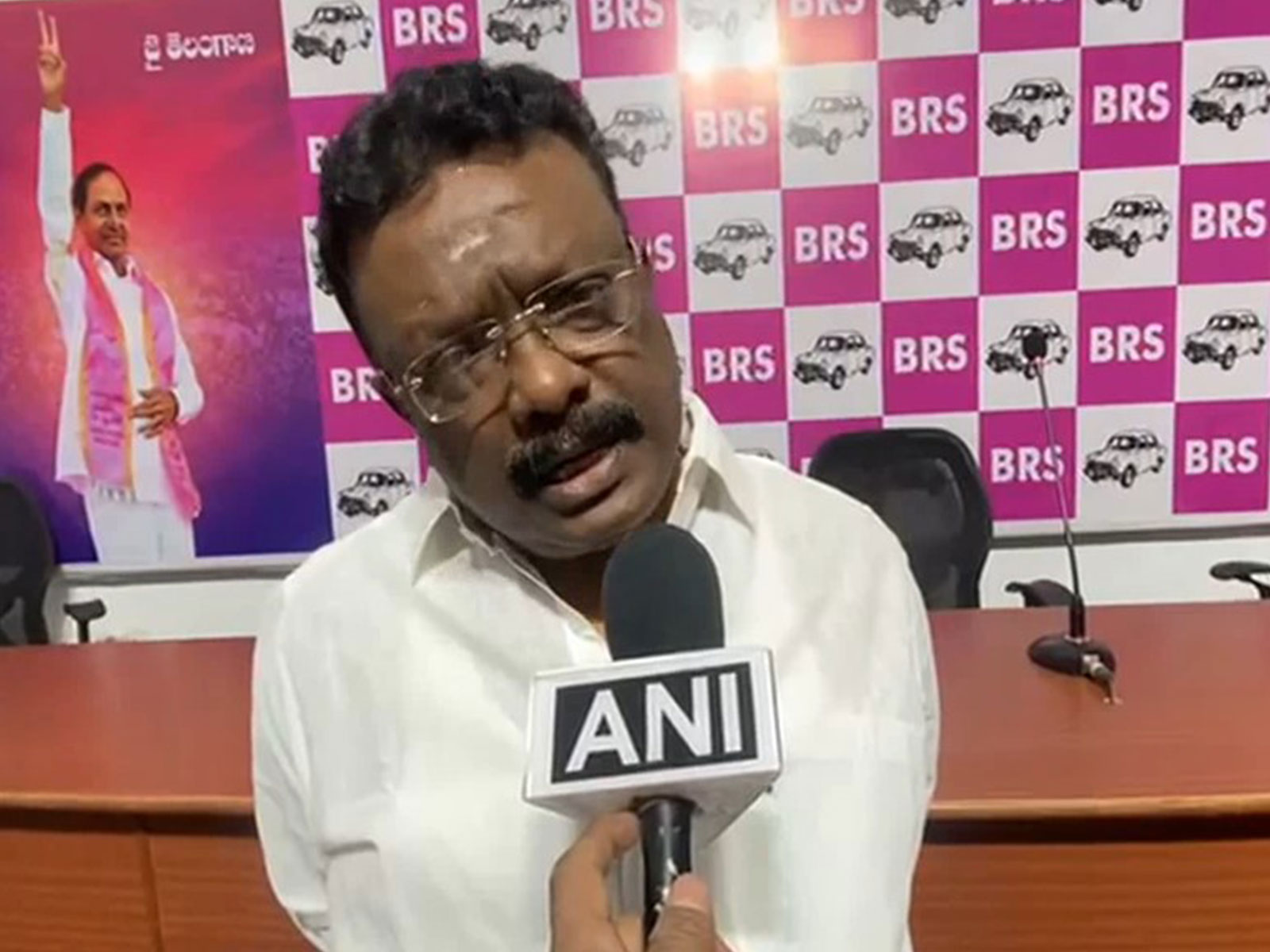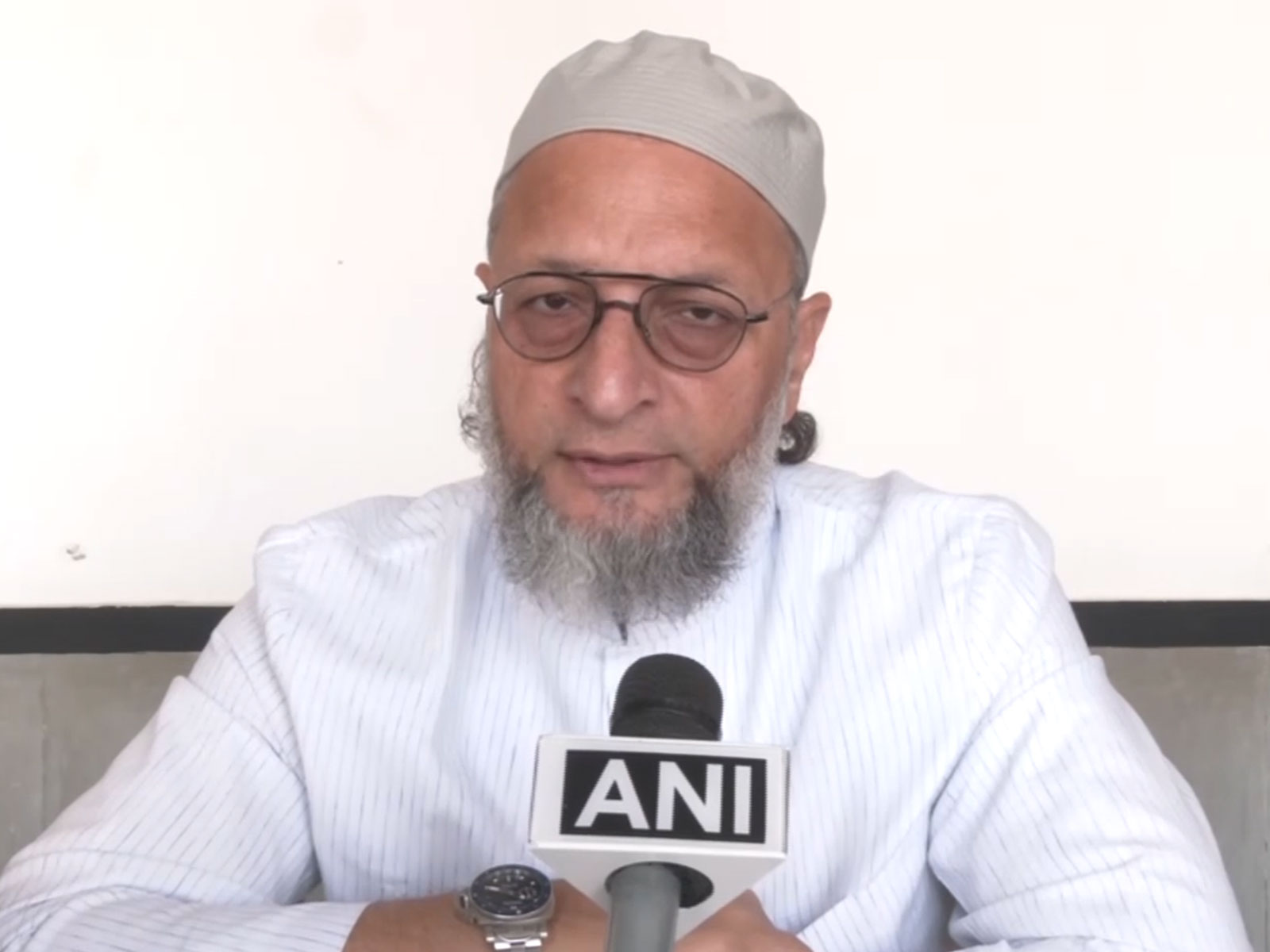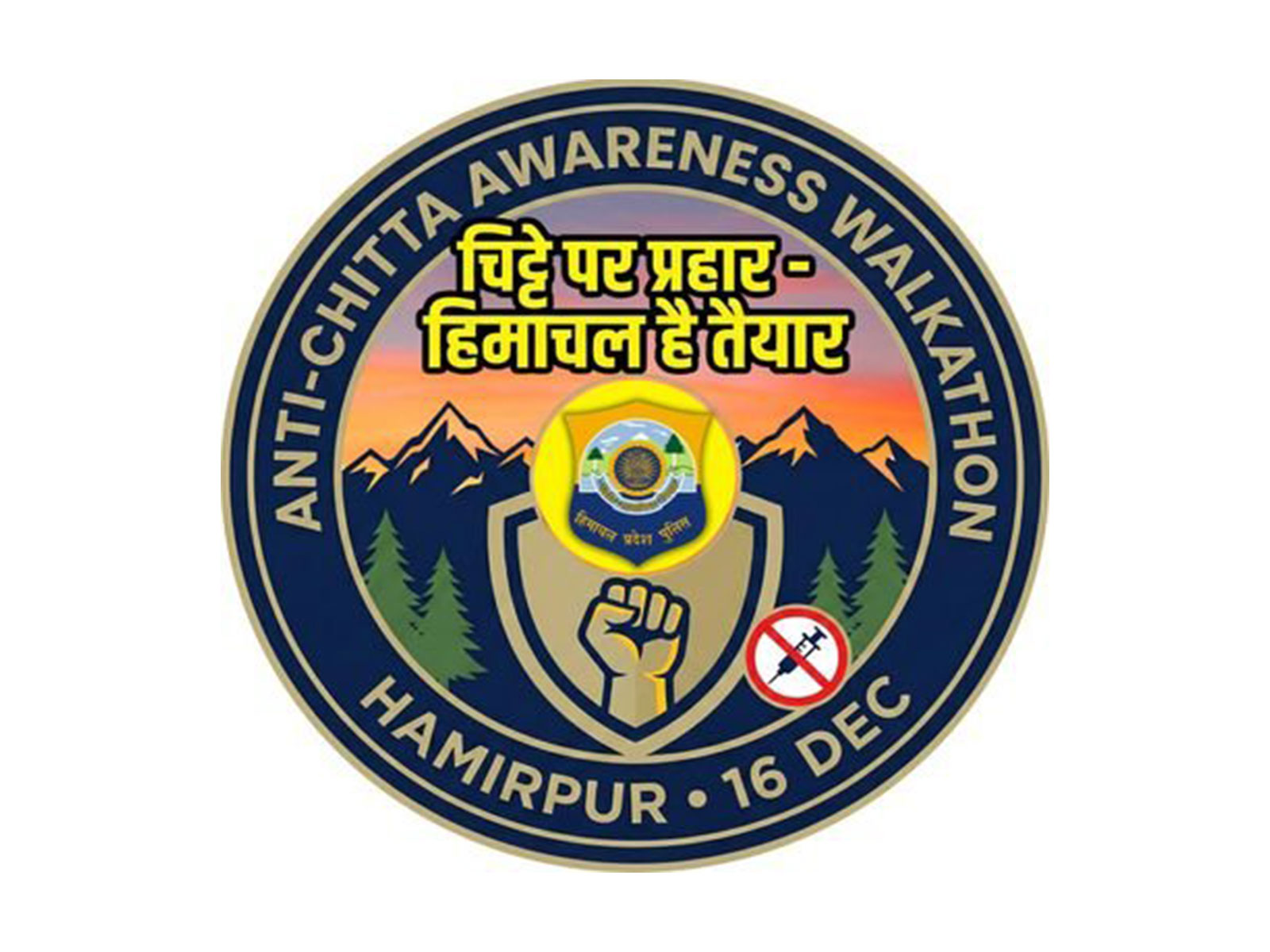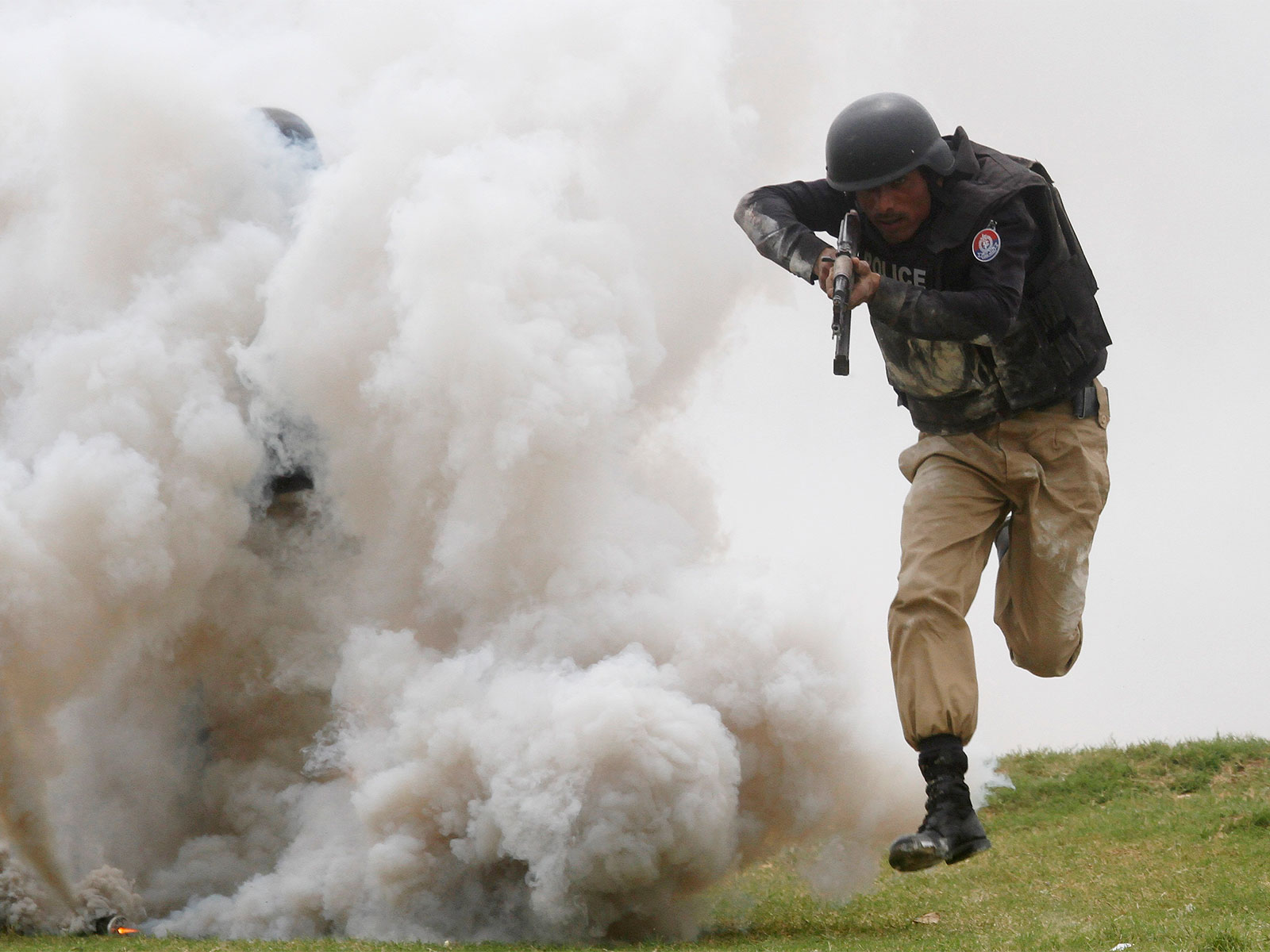
Pak: UKPNP condemns heavy police deployment in PoJK ahead of planned protest
Sep 14, 2025
Brussels [Belgium], September 14 The United Kashmir People's National Party (UKPNP) has strongly condemned the deployment of a large number of police personnel by the Pakistani government and the Pakistan-occupied Jammu and Kashmir (PoJK) administration to suppress a peaceful protest scheduled later this month.
In a press release shared on X, Sajid Hussain, Secretary of Information and Member of UKPNP's Central Committee, said that the planned demonstration on September 29 aims to mark "Jammu and Kashmir Invasion Day," recalling October 22, 1947, when tribal militias backed by Pakistan launched an incursion into the princely state of Jammu and Kashmir. The party argues that this invasion violated the Treaty of Amritsar of 1846 and the Standstill Agreement of 1947, bringing with it violence, forced marriages, looting, and large-scale displacement.
The UKPNP criticised Pakistan's move to deploy security forces in PoJK, saying it mirrors the same coercive tactics used during the 1947 invasion. Hussain noted that the deployment highlights the government's fear of public demonstrations that call for justice, human rights, democracy, and equality. Instead of addressing the grievances of the people, the party said, the authorities have chosen force and intimidation.
"Protesters are not criminals; they are exercising their democratic right to peaceful assembly," the statement read. "Sending thousands of police officers to silence them is unjustifiable," he stated.
The UKPNP urged both the PoJK government and Pakistan's central authorities to immediately withdraw the deployment and respect the right to protest. It also called on the United Nations, European Union, and international human rights organisations to take notice of what it termed a blatant misuse of state power. The protest on September 29 is expected to focus on longstanding grievances in PoJK, including exploitation of resources, lack of democratic rights, and restrictions on political expression.

